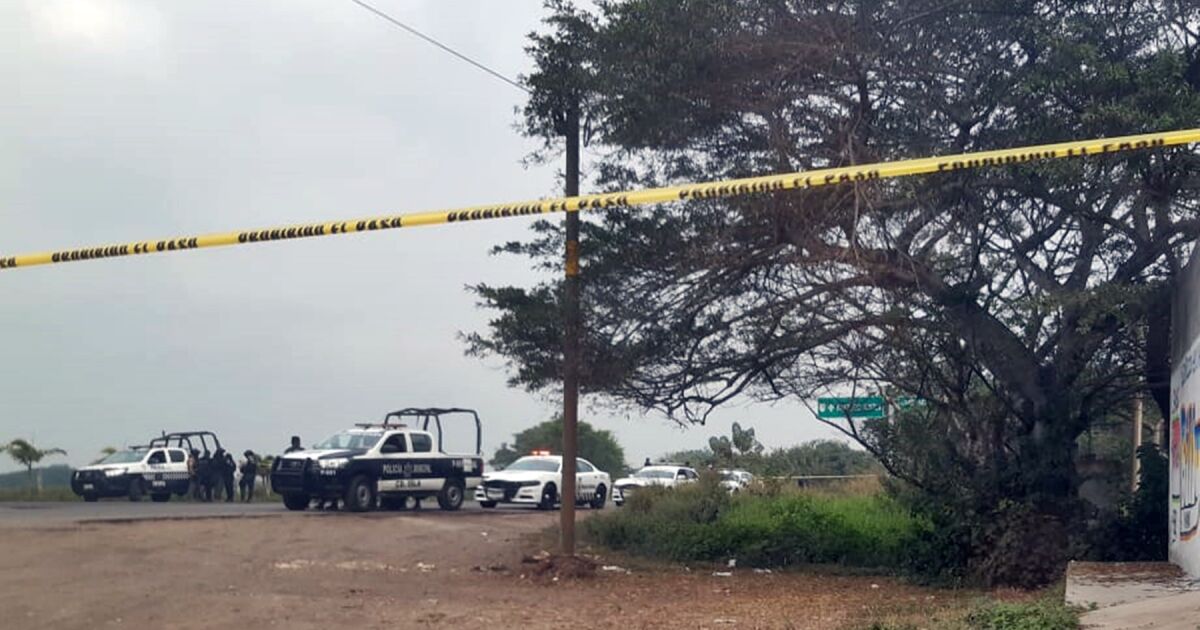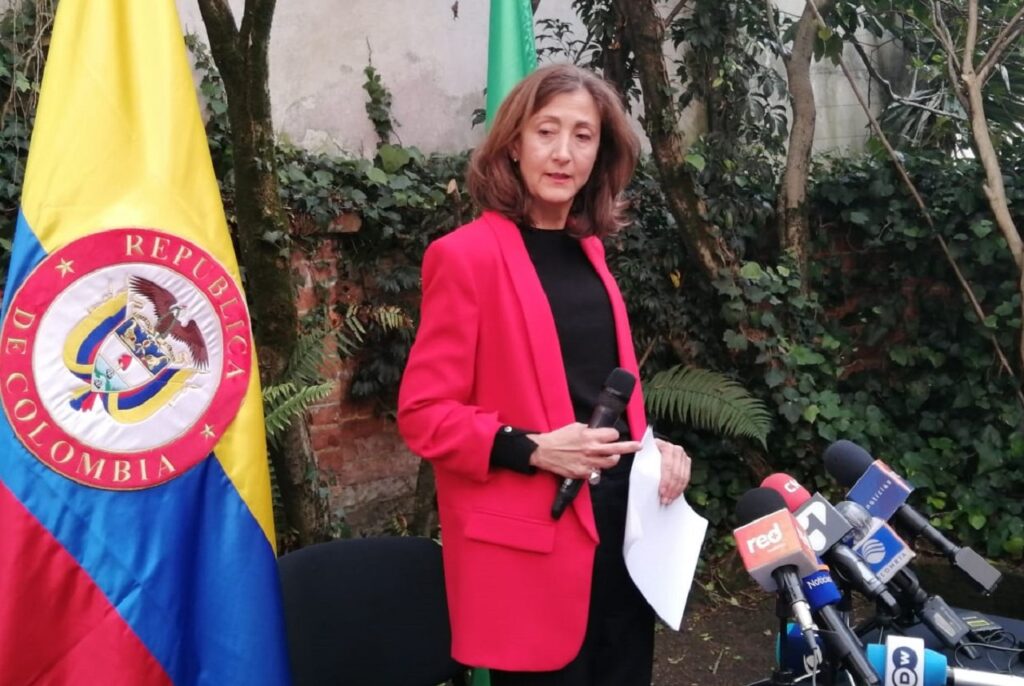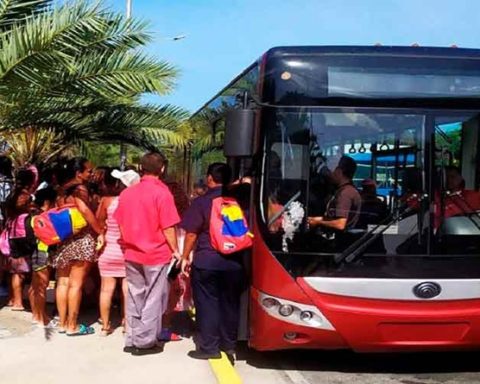The cities with the highest percentage of people who considered that living there is unsafe were: Fresnillo, Ciudad Obregón, Naucalpan de Juárez, Zacatecas, Irapuato and Uruapan with 96.8, 95, 92.1, 89.4, 89 and 86%, respectively. It is followed by Coatzacoalcos in Veracruz and Cuernavaca in Morelos.
There is also a downward projection for next year. Even though 32.6% of the population interviewed considered that in the next 12 months the crime situation in their city would continue to be just as bad and 26.5% considered that the situation would worsen, both measurements are slightly lower than the percentages reported in 2020.
Among the variables that constitute the ENSU are social expectations, witnessing (knowledge) of criminal or antisocial behavior, and the perception of the performance of the municipal, state, National Guard, Army, and Navy preventive police as public security authorities. The data shows that perceptions in this matter have slightly improved.
However, we are still far from the impact of insecurity and violence in the daily lives of Mexicans lessening. A simple example is given by the dramatic increase in the price of lemons, resulting from security problems in the producing areas of the country. Therefore, in order to achieve structural changes in this matter, beyond simple perceptions, the #Horizontal Society must insist on the generation of public policies that strengthen the local capacities of state and municipal police.
___________________
Publisher’s note:
The author is a lawyer and economist, he was a federal deputy, a senator of the Republic and a candidate for an independent candidacy for the Presidency.
The opinions in this article are the sole responsibility of the author.
















